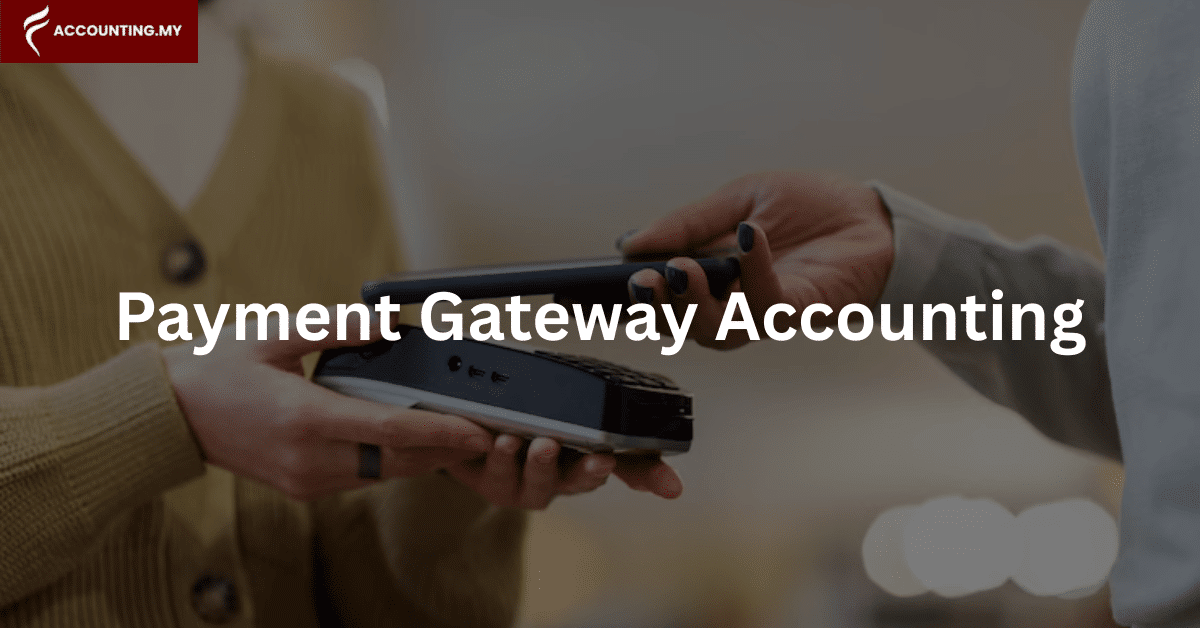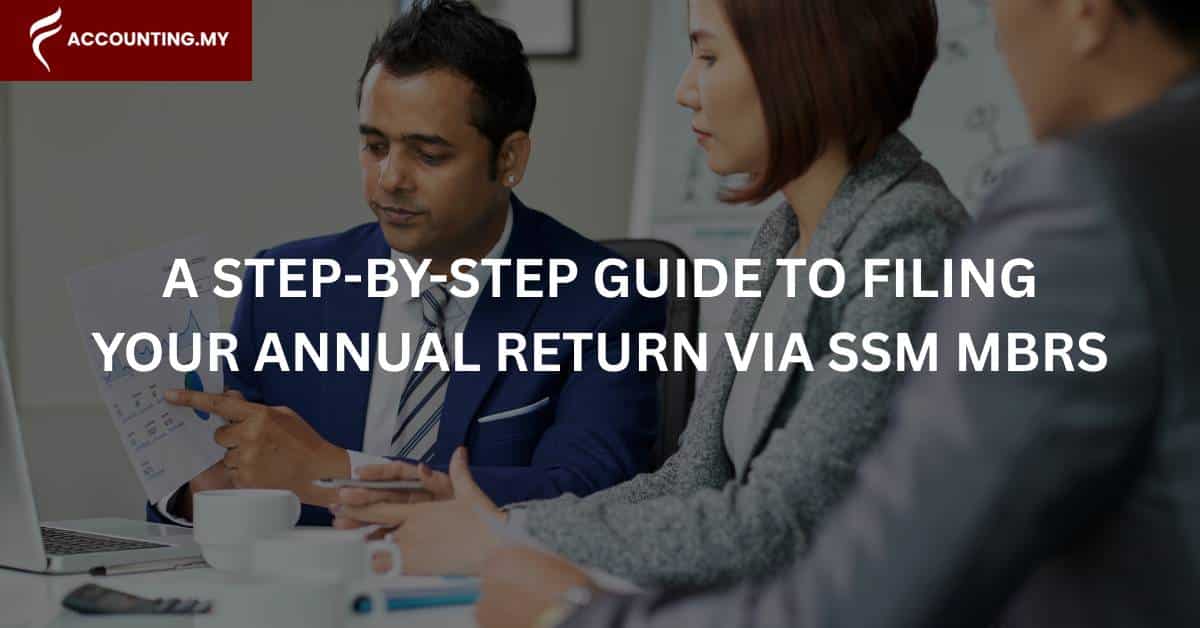Think accounting for e-wallets and payment gateways is just about tracking ringgit in and out? In 2025, that path is more like decoding a tax Rubik’s Cube, one that audits, SST filings, and compliance checks are all watching.
With Malaysia tightening its grip on fintech taxation, businesses handling digital payments can no longer rely on old-school bookkeeping. From taxable top-ups to reconciling micro-fees across multiple APIs, this isn’t your average monthly closing.
In this blog, we’ll break down exactly how SST applies to your payment services, what to watch for during audits, and the best accounting tools for staying compliant, without losing your mind (or your margins).
Payment Gateway Accounting vs Traditional Accounting
Factor | Payment Gateway Accounting | Traditional SME Accounting |
Transaction Volume | High-frequency microtransactions | Fewer, larger transactions |
Reconciliation | Requires automated tools & batching | Manual or semi-automated |
SST Complexity | Multiple taxable categories (fees, top-ups) | Simpler itemised services |
Audit Risk | Higher due to regulatory scrutiny | Moderate, less system-driven |
Recordkeeping | Digital, cloud-based, real-time logs | Often desktop or paper-based |
Common Tools | Xero, SQL Ledger, Financio, custom API logs | SQL, UBS, manual Excel sheets |
How Does SST Apply to E-Wallet & Gateway Providers in 2025?
SST for payment providers covers both digital services and merchant charges.
Payment gateway falls under “taxable services” under the Service Tax Act 2018. If your annual revenue exceeds RM500,000 from processing, platform, or gateway services, you’re required to register for SST.
- What’s Taxable?
Platform fees, top-up fees, merchant discount rates (MDR), API access charges. - Exemptions?
Pure wallet transfers between users (P2P) or merchant cashbacks (if not fee-based).
“Always separate taxable and non-taxable revenue streams in your ledger for clearer reporting.”
Important Update: As of July 2025, LHDN clarified that MDR collected on behalf of merchants is SST-liable unless explicitly documented as passthrough.
What Are the Most Common Compliance Challenges?
Inaccurate classification and missed SST filing deadlines top the list and this is not surprising. The digital finance ecosystem moves quickly, but SST compliance doesn’t wait. Common pitfalls include:
- Lumping in top-up revenue with fee income, leading to over-declared SST.
- Delayed invoice issuance for business API clients, breaching 30-day rule.
- Omitting fees from cross-border transactions, mistakenly assumed to be exempt.
- Non-reconciled daily batch reports, especially if gateway splits by channel.
Case example: A Klang-based fintech got penalised RM15,000 in late 2024 for non-itemised SST submissions, even though their financial statements were clean.
How Should You Prepare for a Payment Gateway Audit?
Auditors will ask for system logs, not just bank statements. Here’s what you’ll need to have ready when you approach an audit firm in Malaysia:
- Daily transaction summaries (timestamped, from server logs)
- Merchant settlement reports
- SST filing records (Form SST-02)
- Fee categorisation matrix (taxable vs exempt)
- API integration logs showing how fees are triggered and recorded
Tip: LHDN allows API-based SST audit trails but requires clear matching to declared revenue. Ensure your accounting team works closely with your IT integrators.
What Accounting Tools Are Best for E-Wallet Companies in 2025?
Cloud accounting with API support is a must for payment providers, not just a buzzword.
There’s a reason why “seamless integration” is splashed across every fintech vendor’s website. In e-wallet and payment gateway businesses, it’s not about switching to just another accounting tool, it’s about ensuring the software fits into your existing tech stack without breaking workflows.
You’re dealing with hundreds (if not thousands) of transactions per day across payment channels, QR pay, FPX, DuitNow, credit card tokens, and more. Without automated batching, SST-tagging, and real-time reconciliation, you’re either under-reporting tax or burning man-hours fixing exports manually.
Let’s look at the leading accounting tools suited for this fast-paced, compliance-sensitive environment.
Malaysia’s Best Accounting Software for E-Wallet & Gateway Services (2025)
Tool | Best For | SST Support | Key Feature |
Financio | Startups, solo wallet operators | Yes | Built-in SST codes, e-invoice ready |
SQL Cloud | Mid-sized payment processors | Partial | Customisable chart of accounts, limited SST automation |
Xero + API | Scaling platforms, retail gateways | Via plugin | Plugins for SST tagging, payment link integration |
AutoCount | SMEs with in-house finance team | Yes | Multi-location SST reporting, e-invoice support |
Custom Stack | Large-scale or cross-border players | Yes (custom) | Deep API integrations, end-to-end control |
Why These Tools Work for Payment Businesses (Real-World Use Cases)
Financio
A popular pick among early-stage wallet startups in Malaysia. Its built-in SST categorisation makes it easy for founders without a finance background to file service tax returns without external plugins. Plus, it syncs nicely with local banks like Maybank and CIMB for e-statement matching.
SQL Cloud
SQL is a solid mid-tier tool, often used by B2B payment resellers or closed-loop wallet systems (like those used in education or private food courts). While it doesn’t automate SST fully, it allows flexible categorisation for fee-based revenue.
Xero + API
This accounting software works well for payment aggregators or platforms with customer-facing dashboards. Its integration with tools like Stripe or local payment plugins (Paydibs, eGHL) allows tagging transaction types as taxable or exempt, which is essential for correct SST treatment.
AutoCount
AutoCount is increasingly favoured by Malaysian wallet operators with multiple outlet accounts or SST group registrations. Its multi-location SST reporting, support for custom fee mappings, and local plugin ecosystem make it a strong choice for mid-sized e-wallets that need both structure and flexibility. I
It’s also e-invoicing ready for the LHDN 2025 rollout and integrates well with POS and settlement batching.
Custom ERP stacks
SAP or Odoo Malaysian tax modules are often used by enterprise players like telco-backed wallets or regional gateways. They support high-frequency API log matching, merchant sub-accounting, and compliance trails that pass audit scrutiny with minimal effort.
Still Wondering Which Accounting Setup Fits Your Payment Model?
The best accounting software isn’t just about brand, it’s about fit.
If you choose a tool based purely on pricing or buzz, you’ll soon realise the system can’t handle your specific revenue structure (float revenue, MDR, top-up passthroughs).
Don’t let hours of spreadsheet exports and mismatched batch files slow down your business.
Use this quick-fit reference guide to help decide:
Business Type | Recommended Tools |
Fintech Startups | Financio, SQL Cloud |
Retail Payment Models | Xero with API Plugins |
Large E-Wallet Brands | Custom ERP with full audit trail |
Cross-Border Platforms | SQL Cloud + External Audit API |
“Always discuss your tech stack with your accountant before committing to any platform. You may be surprised how many “all-in-one” solutions fall short when SST or audit requirements change.”
Get Payment Machine Accounting Software from Us
At Accounting.my, we know that managing finances for e-wallet and payment gateway businesses isn’t just about bookkeeping, it’s about staying compliant, scalable, and audit-ready.
Relying on outdated systems simply won’t cut it. A hybrid approach using cloud-based tools, SST-ready workflows, and API integrations is now the industry standard.
Whether you’re looking for expert support or exploring accounting software tailored for payment platforms, we’re here to help you get it right from the start.
Frequently Asked Questions About Retirement Age
SST (Sales & Service Tax) applies to service fees from platforms and gateways earning over RM500,000 annually.
SST is filed bi-monthly via Form SST-02 through MySST, with deadlines on the last day of the following month.
Only if fees are charged on top-ups. The top-up value itself is not taxable, but service fees are.
Auditors request transaction logs, fee classifications, SST declarations, and matching ledgers.
You can, but it’s risky. High transaction volumes and SST complexity require better tools.
Yes, unless clearly documented as passthrough and not part of platform income.















